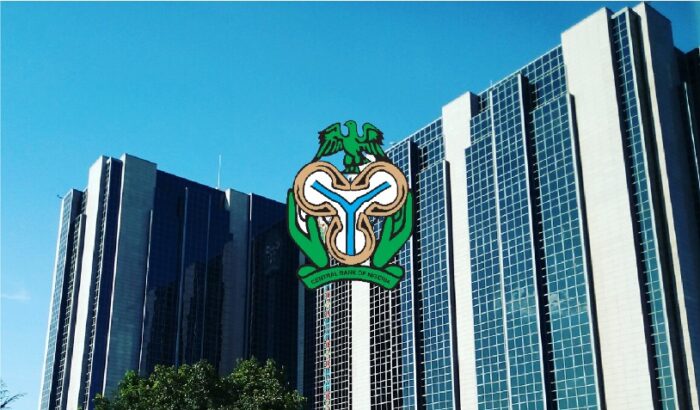Nigeria’s foreign reserves have surged past $46 billion, the highest level recorded since 2018, according to the Governor of the Central Bank of Nigeria (CBN), Yemi Cardoso.
He disclosed this during the opening of the Monetary Policy Department’s 20th anniversary colloquium held on Tuesday in Abuja.
Cardoso explained that the strengthened reserve position places the country in a more stable external environment, with enough buffers to cover over 10 months of import obligations.
He described the development as a significant milestone that reflects ongoing reforms in the foreign exchange market and improvements in Nigeria’s balance of payments.
The CBN governor noted that recent policy adjustments, including tightened monetary policy, efforts to unify the exchange rate, and renewed measures to curb speculative pressure, have contributed to rebuilding investor confidence and enhancing foreign inflows.
The improved reserve level, he said, is an indication that Nigeria is gradually regaining stability in its external accounts after years of volatility driven by fluctuating oil prices and exchange rate pressures.
He added that stronger reserves provide the country with more room to manage external shocks, support the naira, and maintain stability in the financial system.
According to him, a robust reserve profile is crucial for sustaining economic reforms, improving credit ratings, and assuring international partners of Nigeria’s financial discipline.
The colloquium, which brought together policymakers, economists and financial analysts, focused on the role of monetary policy in economic development.
Cardoso emphasised that the CBN will continue to prioritise stability, price control and transparency in its policy decisions to maintain the current momentum.









